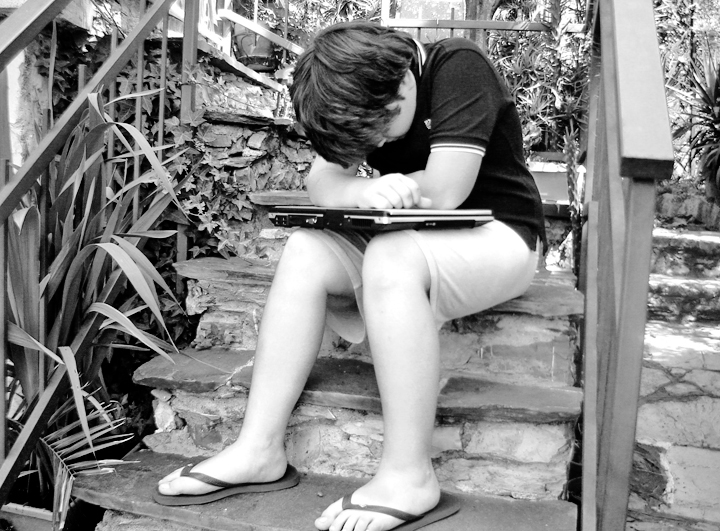Sources: Rape Crisis and NSPCC
What is sexual abuse?
- Being forced or persuaded into sexual activities when you are unwilling
- Physical abuse (e.g. rape) or non-physical (e.g. grooming)
Grooming and sexual exploitation can happen to any young person. Sometimes relationships aren’t what they seem. Can you see the signs that something isn’t right in a relationship? Would you know what to do if this was happening to you, or your friend? Find out in the video below which was developed with young people as part of the NSPCC’s Protect and Respect service, in consultation with CEOP and University College London.
Please note: This video contains potentially triggering scenes of a sexual nature and depiction of drug use.
We hope you have watched the above video and you can now understand more about grooming and sexual exploitation. Here are some key points to remember.
Consent
- every act requires consent
- no means no, stop means stop
- definition: permission for something to happen or agreement to do something
- even if you have consented once doesn’t mean you cannot say no another time
- if someone cannot give consent do not engage in anything
- ask if they’re happy to consent
What to do if it happens to you?
- Talk to someone you trust
- Report it
- Get medical help if needed
Contacts
If you are 18 or under and think you or someone you know is at risk of sexual exploitation you can call ChildLine anytime on 0800 1111.
Childline offers free, confidential advice and support whatever your worry, whenever you need help.
You can also contact Brook. It has services across the UK providing free and confidential sexual health services to young people under 25. Their Find a Service tool lets you search all services in England – not just Brook.
If you are an adult and worried about a child, you can call the NSPCC helpline 24/7 on 0808 800 5000, email help@nspcc.org.uk.

